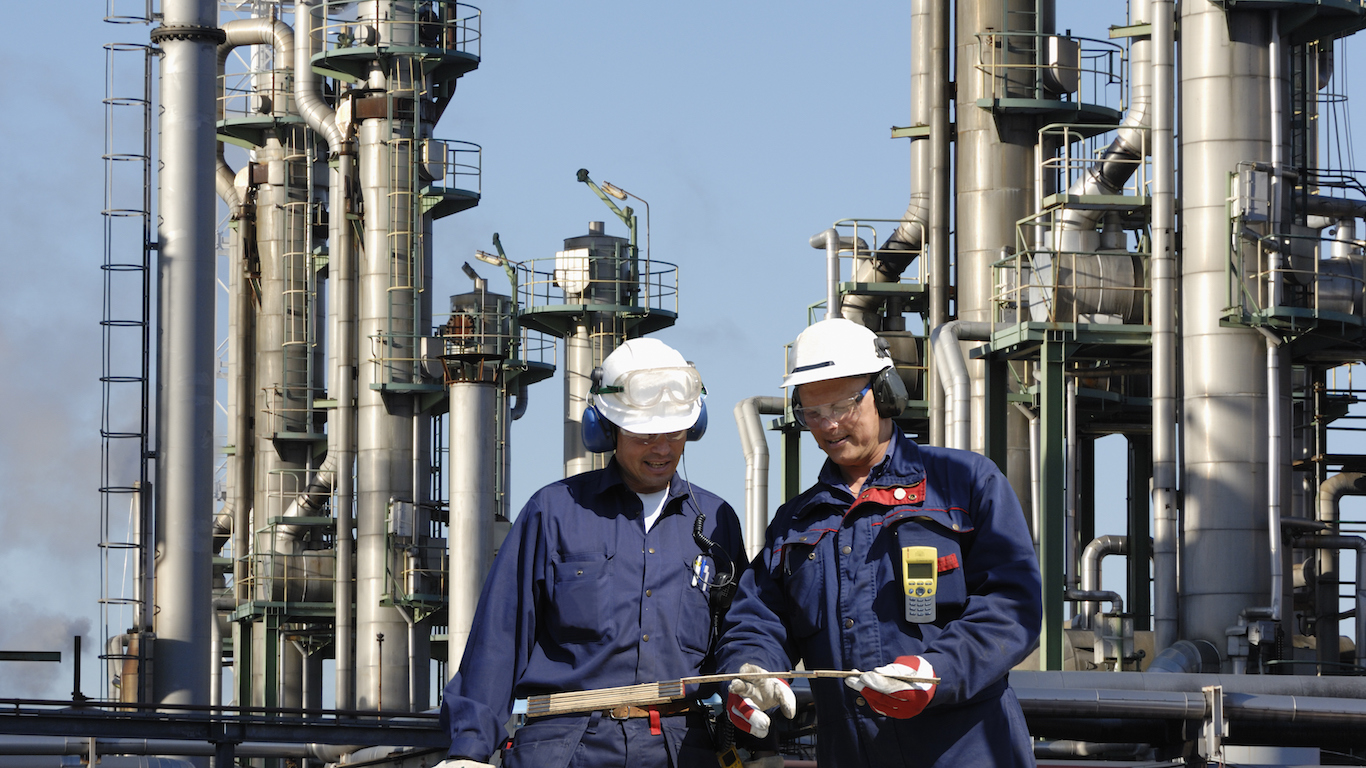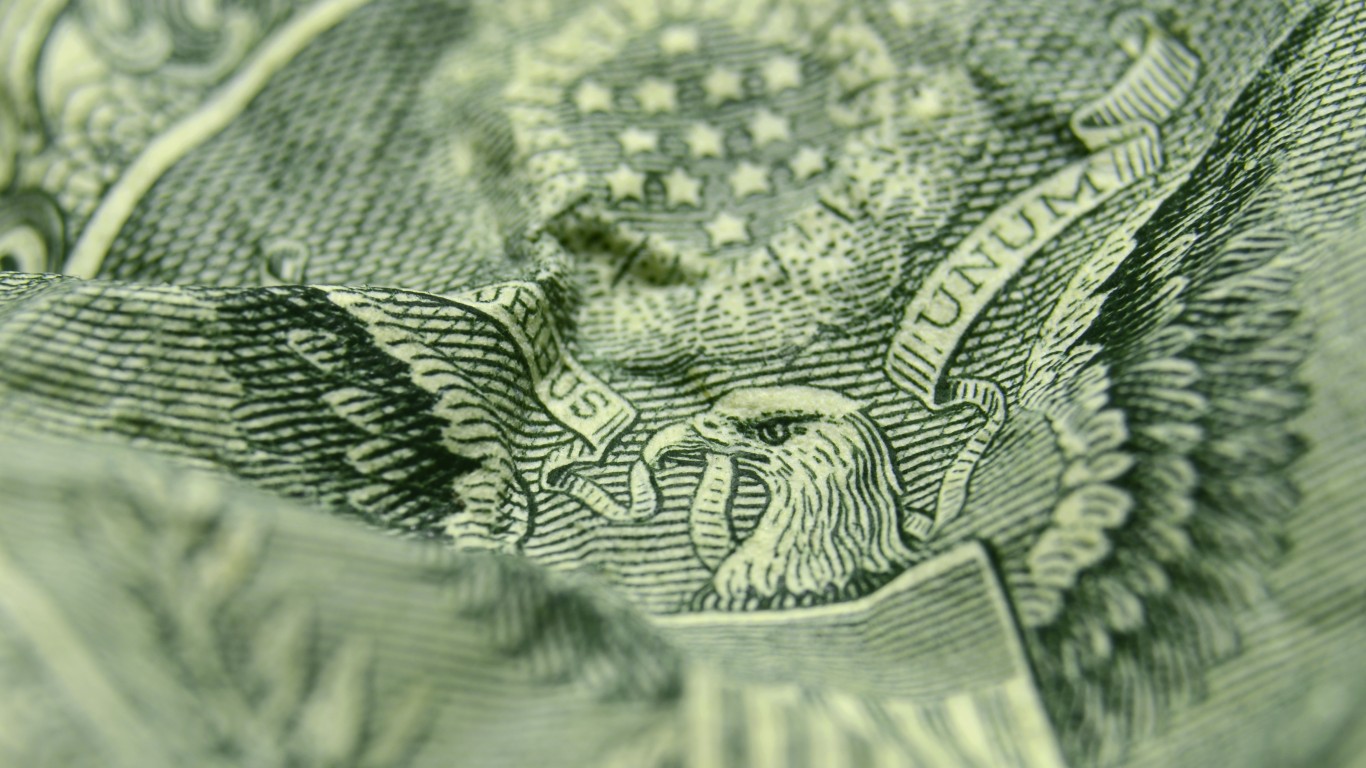
Schlumberger Ltd. (NYSE: SLB) finds itself in deep trouble financially, but only partially. As part of the solution, it has done what many huge companies have. It cut 21,000 people. So far, most of the huge layoffs among public corporations have been in the hotel, airline, retail and hospitality industries, which were hit hardest early in the spread of COVID-19. The layoffs have started to move to other industries, and they likely will rise into the tens of thousands on a regular basis.
[in-text-ad]
Unlike many companies, oil services company Schlumberger has a strong balance sheet, which makes the job cuts all the more troubling. But management says it needs to take action now to avoid being crippled in the future by a drop in revenue. CEO Olivier Le Peuch said:
First, our cash flow from operations was $803 million and we generated $465 million of free cash flow despite significant severance payments during the quarter. We continue to be opportunistic in accessing the financial markets, systematically refinancing and spacing out future debt maturities, and taking proactive measures to enhance our liquidity position.
Those numbers are extremely impressive in terms of financial health. However, Schlumberger is not the only company with a good balance sheet to cut workers. There must be trouble ahead, management argues. Revenue did indeed fall 35% to $5.4 billion. Le Peuch made his argument, even though oil demand has started to rise.
The worry about the quarters ahead is that COVID-19 could start to spread again. It is an anxiety that has crept into more and more forecasts. Perhaps companies employ epidemiologists. Or, they look at models of the spread because of careless public behavior and poor medical systems in developing counties. Schlumberger is a global company. A hit to its business could happen almost anywhere.
Schlumberger said it expects “flat sequential revenue.” In management’s eyes, that clearly is not enough to hold the line on current employment.
Like so many other companies, Schlumberger believes the world may not get better soon, and it could even get worse. Some 21,000 people paid the price for that range of predictions.
It’s Your Money, Your Future—Own It (sponsor)
Retirement can be daunting, but it doesn’t need to be.
Imagine having an expert in your corner to help you with your financial goals. Someone to help you determine if you’re ahead, behind, or right on track. With SmartAsset, that’s not just a dream—it’s reality. This free tool connects you with pre-screened financial advisors who work in your best interests. It’s quick, it’s easy, so take the leap today and start planning smarter!
Don’t waste another minute; get started right here and help your retirement dreams become a retirement reality.
Thank you for reading! Have some feedback for us?
Contact the 24/7 Wall St. editorial team.
 24/7 Wall St.
24/7 Wall St.



